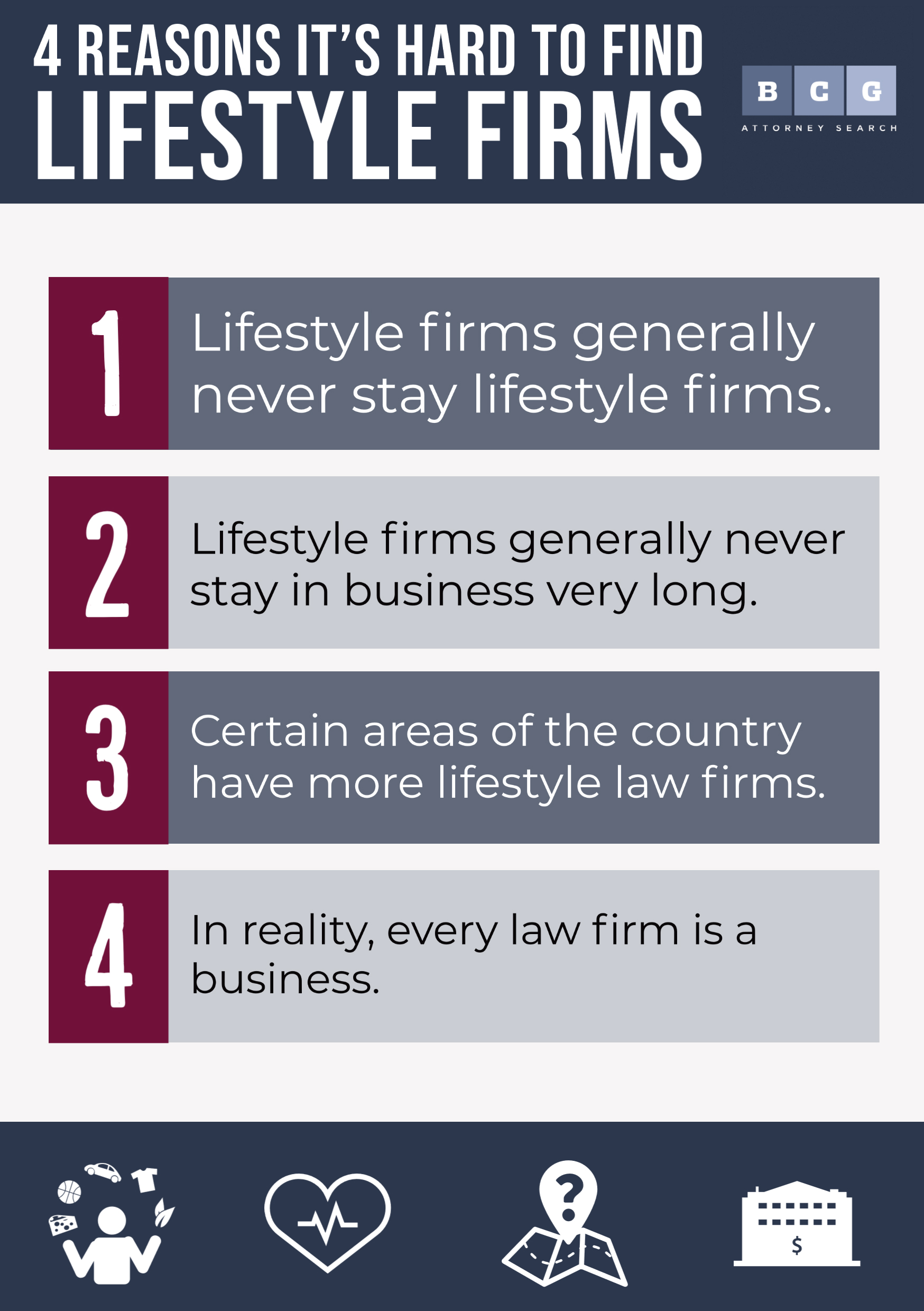
The movie Apocalypse Now is a Vietnam War story about a group of soldiers travelling down a river on a boat to kill a Colonel Kurtz (played by Marlon Brando), who has allegedly gone insane. The movie follows the protagonist, Army Captain Benjamin Willard (played by Martin Sheen), as he leads the crew down the river to find Kurtz.

|
| Harrison Barnes |
The early part of the movie shows Willard on the verge of insanity himself. He has just returned from his first tour of war and is alone in a hotel room. He’s so drunk he can barely stand; when he punches his fist into a mirror he cries out. Willard longs to get back to the jungle and fight. He can no longer live as a normal person in society. He has tried to live a normal life and now needs to return to the jungle and war. For Willard, war is normal and a normal life is intolerable and drives him mad.

Willard soon meets the crew that he is going to be travelling down the river with. The crew is happy and fresh: one tans himself, another enjoys playing with the radio and a third thinks it’s just fine to go hunting for mangos in the jungle at night. However, by the time they have spent several days journeying down the river they too have either gone insane, are deeply damaged, or are dead. Around the crew, Willard seems calm and collected. He studies up on Kurtz and rationally reflects on the unstable colonel, the crew and his surroundings. While he seemed insane, drunk and out of control when he was in the normal world, Willard now seems calm, collected and together on a small boat in a war zone.
When Willard speaks with Kurtz about his behavior, Kurtz’s response is that that one cannot have moral judgment in wartime because, “It’s judgment that defeats us.”
In many law firms, you will find attorneys there all day Sunday and late into the night most weekdays. When they are out socializing at various places they are busy reading and working too. When I go to children’s birthday parties, I often see attorneys marking up briefs and doing other sorts of work—even on a Saturday afternoon. When I am on airplanes I always see attorneys working and studying. Attorneys are generally working all the time; they are addicted to it and work is the only normal they understand. There are some practice areas you can leave at home (patent prosecution, tax and ERISA); however, in general once you start practicing law you are part of the fabric of something much different than the rest of the world. Like Willard, you are now on the boat going up the river and part of a group of people who will never, ever again be the same. You have punched your fist through the mirror and killed off your former self. You are now a different person: You are a real attorney.
After practicing law for so long, the insanity of it all is the only thing that makes any sense to many attorneys. They do not know anything different, so the real world becomes foreign and frightening to them. Like Willard, the war attorneys fight each day is more comfortable than the security of being at home with their families. Normal feels abnormal. They need to do the work to feel comfortable and normal. If they are not practicing law and partaking in the insanity of it, they feel strange. Spending time with their children and families does not feel normal. Recreational activities often do not feel normal. Work is normal. Work is the only place that is “safe” because if you are billing hours you are making progress towards your goal–or maybe even exceeding your goal–which makes you feel safe. If you are safe then everything is OK. If you take your eye off the ball and stop working though, you will no longer be safe. You might miss something or forget to do something and then where would you be? Like a soldier at war, if you make one screw-up you or your entire platoon could be killed.
See the following articles for more information:
- 10 Biggest Career Mistakes Big Law Firm Attorneys Make (and 10 Ways to Survive in a Big Firm)
- Top 5 Tips for Attorneys Who Make Mistakes
It should come as no surprise that many attorneys have issues in their home and social lives because of the stress of their jobs and the fact they bring home the craziness of what they do. Attorneys fight with opposing counsel, report to multiple clients and judges, are judged harshly by co-workers and superiors, and are (for the most part) solely evaluated by the amount of hours they bill. These pressures build, and can make many attorneys quite paranoid and on edge. Attorneys bring their paranoia to family conversations at the dinner table. Some explode in ways that make no sense to the rest of the world.
See the following articles for more information:
- Top 14 Ways Attorneys Can Avoid Burnout from the Stress of Practicing Law
- Seven Reasons Why Practicing Law Might Be More Stressful than Spending 18 Months in a POW Camp
Many attorneys are in danger of losing their jobs if they do not bring in business. They are often expected to write and speak about what they are doing outside of the office, and the atmosphere is quite stressful. There are also various social pressures occurring inside of law firms. These are hidden but present, and can have an impact on an attorney’s career.
See Top 5 Ways to Help Your Attorneys Avoid Overworking and Becoming Addicted to Working All the Time for more information.
In many law firms going to work can be likened to going to war. You either accept it’s your job and embrace being a warrior, or you reject this. In most instances, if you are going to be a warrior you must embrace your role completely. You cannot just decide you are going to war and fight 50%; if you do this you will die.
Like children on the playground, there are lots of law firms where the attorneys get pushed around, where they get taken advantage of and where more aggressive, harder working attorneys win all the time. There are other law firms where things like lifestyle are emphasized over winning. These sorts of firms rarely hold onto clients for long and generally peter out and die. In fact, the law of the jungle applies to law firms almost perfectly: The weak do not survive. If you were a client looking for an attorney (or deciding whether to keep an attorney) would you want one that gave 50% effort and did not take your matters seriously, or would you want one that believed every matter you faced was the most important thing in the world?
See Take this GIFT for Granted and Your Legal Career Will Be Dead for more information.
Attorneys always call me asking for “lifestyle firms.” There are some lifestyle law firms out there, but they are generally not around long. If a “lifestyle firm” does manage to survive and stick around, it is generally not a lifestyle firm anymore and has become something very different indeed.
Lawyering is a warlike profession. In most transactions and in litigation, there are winners and there are losers. The quality of work the attorneys do will determine who wins and who loses a lawsuit. In the transactional field, similar landmines and mistakes can be made if the attorneys are not working very, very hard and doing high quality work. For a company, the stakes could be in the billions of dollars. Without a high level of commitment from their attorneys, clients often fail to get good results. Hard work, a crazy level of commitment and a pressure cooker atmosphere often produce the best results.
The typical “lifestyle firm” is generally started by some people who spin off from another law firm. These attorneys are generally one of a few types: (1) attorneys who want to make more money, (2) attorneys who want fewer “rules and management,” (3) attorneys who were not made partner in a larger law firm, or (4) attorneys who really believe they can run a lifestyle law firm. Here are the reasons there are really no lifestyle firms—and to the extent there are, you cannot have much stability working for them:
- Lifestyle Firms Generally Never Stay Lifestyle Firms
Lifestyle firms almost never stay that way for two reasons. The first has to do with using the idea of "lifestyle" as a recruiting tool.
As a legal recruiter who has watched scores of law firms start over the years (and go away) I can tell you nothing is more common than a new firm hooking attorneys with the promise of a better lifestyle. If you want to hire a hard-charging, good attorney from a major law firm at a lower salary than they are currently making, you can certainly get their interest by throwing around words like “work-life balance.” This works and attorneys will often jump at the chance to work at law firms that promise less hours, less pressure and so forth.
However, this is generally just a recruiting tool and never lasts. What happens, of course, is that the best attorneys are given the most work in these lifestyle firms. Things get really busy and suddenly the attorneys who are working for less money get upset. They tell management that they came there because they thought it was a lifestyle firm. The management generally does not do anything at first, and then the undercompensated attorneys start leaving. When the attorneys start leaving, the law firm realizes it needs to raise salaries but now it is going to need “minimum” billable hour requirements. With these minimums in place, the law firm is no longer a “lifestyle firm” and they start talking about how they have “camaraderie” and things like that.
I’ve seen this more times than I can count. The lifestyle law firm generally never stays a lifestyle law firm.
The second fundamental problem with the whole idea of a “lifestyle” firm is it ignores the reality of practicing law. With the exception of a few practice areas (tax, patent prosecution and ERISA), most legal work requires periods where attorneys need to work extremely hard—and often for extended periods of time.
No detail is too insignificant in any transaction or litigation-related case. Attorneys need to be focused and committed at all times and this often means working long hours. Without a high level of commitment from its members law firms often have a difficult time surviving. If they are not completely focused on their clients’ matters and working hard at all times, they are likely to end up getting the short end of the stick for their clients and harming them.
To stay in business and remain competitive, law firms with a “lifestyle bent” generally get in a position where they need to become more “business-like” and less lifestyle-oriented. Some lifestyle law firms make this transition, become competitive and survive—but not all do. A high number of billable hours and other pressures are part of the typical law firm for a reason: It is necessary for attorneys to win matters for their clients.
The fantasy of a position with a “lifestyle firm” is certainly something that a lot of attorneys may aspire to, and it is a nice dream to have. Given the realities of the law firm world, though, it is generally not something that can work in the long term. This is especially the case in large, competitive markets where many people are competing to do the best job possible for clients. Clients are surrounded by attorneys competing for their business; these competing attorneys tell them their current attorney should be doing things differently. This sort of thing is less common in smaller towns, where there are fewer attorneys and relationships mean more. But in larger markets, it is very competitive and almost impossible for a law firm to remain a “lifestyle” law firm.
- Lifestyle Firms Generally Never Stay in Business Very Long
When I was considering lateraling to a law firm early in my career, I interviewed with a genuine lifestyle law firm. The law firm was an offshoot of O’Melveny & Myers, and the partners and others I met told me how they really were trying to run a lifestyle law firm in Los Angeles. The law firm paid about half the salary of a “normal” law firm in Los Angeles at the time. As I interviewed with the people in the firm, I was surprised when they said things like, “There is nothing that cannot wait until Monday and needs to take you away from your family on the weekend.”
I was stunned by this sort of talk and had no idea how a firm like this could possibly stay in business.
It did not. A few years later I read about how several partners in the law firm had made one catastrophic error after another in a transaction and lost a malpractice verdict in excess of $50 million. The firm was forced to close its doors. It may have been a great lifestyle law firm, but it did poor work and paid the price. Its attorneys disbanded and several of them became solo practitioners.
This is the sort of thing I see again and again out of “lifestyle” law firms. Being an attorney is like fighting a war. You need to constantly be fighting and giving it your all, or you will end up getting killed. There are too many pressures around you to ever take it easy.
Even if a lifestyle law firm does not make catastrophic client errors, they are likely to have issues attracting business, holding onto clients, paying salaries and keeping up with expenses. Nothing is more common than these sorts of law firms closing their doors because the business stops. Of course the business stops! The attorneys have all gotten together and are trying to practice law without being committed!
See The #1 Attorney Career Killer That Attorneys Are Never Taught for more information.
One common type of lifestyle firm that often pops up is the firm based on a single client relationship—or a few. Sometimes a few attorneys may decide they want a lifestyle law firm, break off from a large law firm and take a client with them. This can often work for some time. However, once the law firm becomes overly dependent on the work from one client the quality of their work may slip and they may lose the client. Additionally, if the client realizes that the attorney is overly dependent upon them for work, they may start pushing down bills and creating all sorts of other problems. One-client law firms often go out of business when the business stops—and the business almost always stops because lifestyle law firms are not hungry enough to keep the business coming. - Certain Areas of the Country Have More Lifestyle Law Firms Than Others
As a preliminary matter, there are many areas of the country where there are lifestyle law firms; these areas typically fall outside of major cities where many law firms compete for business. Have you ever ordered pizza in a small town? With zero competition, the pizza store may deliver your pizza in about an hour, cold and tasting like cardboard. They do not care. They have zero competition and no one else is going to do the work of operating a pizza restaurant there. That is what some small town attorneys do as well. With very little competition they can do as they want, how they want and when they want. This sort of lifestyle is available to all—you just need to find the smallest town with the fewest number of attorneys.
In contrast, when you go anywhere with a lot of competition, the “lifestyle attributes” of practicing law quickly fade away. People are competitive, and businesses want to do better than other businesses so they can attract even more business. The best law firms in every area are generally not lifestyle law firms. Most areas of the country have some hardworking attorneys that demand high quality work from each other and their subordinates.
Moreover, the attorneys in smaller cities typically make dramatically less money than attorneys in large cities, do less important work and have a different experience practicing law than attorneys in major cities. When I was just out of law school, I clerked for a federal judge in a small town in Michigan. Attorneys from New York, Los Angeles and other major cities used to come into our court and you could tell they thought they were much better and more important than the local counsel. (I even overheard one pretending to talk like a “hick” when discussing local counsel in the hall one day).
There are unspoken rules in the legal community that the best and most difficult work goes to attorneys in large cities. General Motors does not hire a big Detroit law firm if it has a serious problem: It hires a law firm in Chicago or on one of the coasts. The best and most important work goes to attorneys in large cities, in competitive law firms.
In some cases, law firms in less urban areas may have local clients they consistently do transactions for. They may have a good stable of local work that does not require them to kill themselves with every case and transaction.
However, even in smaller markets, the law firms with the best reputations are most often those who work the hardest. Attorneys who work the hardest generally win the most. Clients want people who are willing and able to fight for them–and not those who are running away from a fight.
- Even If There Was a True Lifestyle Firm, Every Law Firm is a Business
Because law firms are businesses, they make and distribute money to people based on (1) how many hours people work, and (2) how productive people are. Law firms need to pay for office space and salaries (so people can enjoy their lifestyles), and they need to do a good job to get more and more business.
Law firms also generally win cases and transactions by working harder and smarter than the competition. Most transactions and litigation-related cases have enough depth to them that the attorneys who get the best results for their clients are the ones who look the most deeply into issues. You cannot look deeply into issues if you are overly concerned with your lifestyle. You also do not look deeply into issues unless you care. If you are a good attorney, you generally care about the work you are doing.
See Be Committed to What You Do for more information.
For businesses (of all kinds) to survive where there is at least some competition, they need to provide exceptional service and do good work. Because practicing law is similar to being a combat soldier, only those who consistently win survive and get more business. Moreover, because the success of every law firm depends on everyone in it working hard and generating money, it is almost impossible to sustain a business by enforcing a certain “lifestyle” of not working hard. If there is no competition, the business may last; but it will never survive with competition in the market.
Conclusions
When an attorney gives up practicing law in a firm, they generally do so because they have decided to reject this way of life and want no part of it. They cannot commit to it and in the absence of full commitment they leave. There is no doubt about it: The practice of law requires dedication. Any law firm—regardless of whether it calls itself a lifestyle firm or not—requires full commitment.
Attorneys are warriors and soldiers hired to fight for and protect other people. As soldiers and warriors, they are faced with all sorts of hostile opponents they fight daily. They are not part of the normal world—just as a soldier being shot at is not part of the normal world either. A soldier tasked with defending someone's life cannot take his or her job in a lackadaisical and "lifestyle" manner; likewise, an attorney in a law firm can't either.
There is no such thing as a lifestyle law firm—at least not for long.
Attorneys who stop practicing law have generally decided that they do not want to be warriors and participate in the fight. They look around them and—like Willard in Apocalypse Now—they realize they are surrounded by a world that demands they fight, where fighting and conflict are normal. They see that it makes many of their peers unhappy and that it fundamentally changes them. They may even see their peers go insane. Many attorneys do not accept this and realize their only solution is to get out of a law firm entirely.
When an attorney makes the decision to get off the track and step into something less demanding, something deeper is always going on. The attorney is rejecting a way of life and may actually be making a move to become psychologically healthy when the world around them appears to have gone insane.
Click here to view more articles about work-life balance for attorneys.














